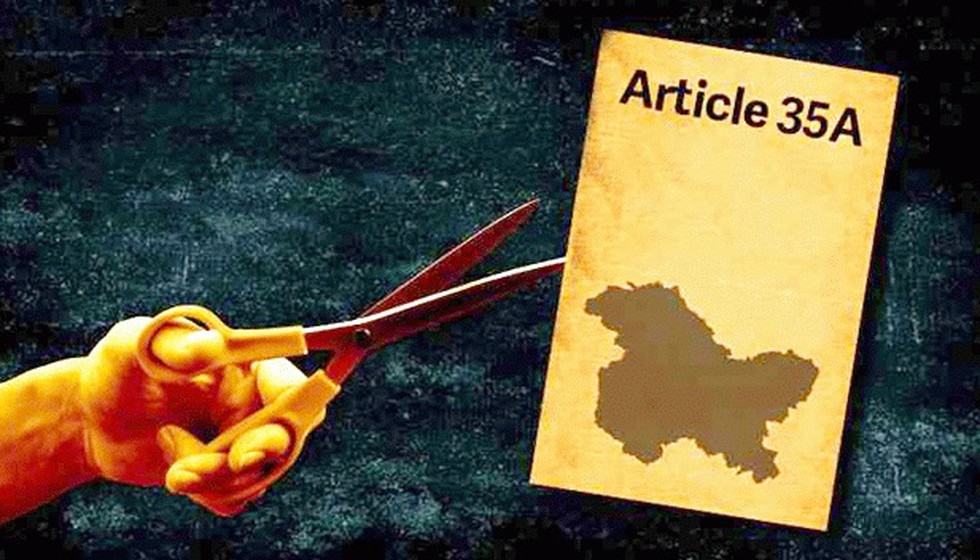
About:
Recently, scientists have found that ...
Recently, India Meteorological Depart...
Recently, a state-of-the-art Submersi...
Nigeria has taken a historic step in ...
A 37-year-old man wounded by a wild m...
A team of archaeologists claimed to h...
The Supreme Court (SC) recently issue...
Six months into the war, Gaza is faci...
Physicists recently proposed the radi...
Ashwagandha is growing in popularity,...